
Maintenance therapy with rituximab following autologous stem cell transplantation prolonged progression-free, event-free, and overall survival compared with observation in patients with mantle cell lymphoma, according to a new study.

Maintenance therapy with rituximab following autologous stem cell transplantation prolonged progression-free, event-free, and overall survival compared with observation in patients with mantle cell lymphoma, according to a new study.

While the FDA’s approval of the immunotherapy tisagenlecleucel represents a landmark in the oncology field, the treatment is far from being a cure and should be viewed in context of its $475,000 price tag, a group of oncologists wrote in a commentary published in JAMA.

When immune-related adverse events arise from nivolumab, it may indicate that the therapy is having greater efficacy against non—small-cell lung cancer (NSCLC), as a new study demonstrates a link between these events and improved survival outcomes.

Treatment with the autologous anti-CD19 CAR T-cell therapy axicabtagene ciloleucel significantly improved outcomes in refractory non-Hodgkin lymphoma compared with standard therapies.

Chimeric antigen receptor T-cell therapy may soon hit the market, and numerous cancer care centers are poised to offer this for what may be the first FDA-approved indication: relapsed/refractory B-cell acute lymphoblastic leukemia.

Patients with refractory chronic lymphocytic leukemia achieved a high-response rate with CD19-targeted CAR T-cell therapy JCAR014.

Physicians across different institutes who have been involved in clinical trials of chimeric antigen receptor (CAR) T cells in B-cell lymphomas have developed a guideline for monitoring and managing the symptoms associated with this treatment.

The FDA’s Oncologic Drugs Advisory Committee voted 6-6 on the potential approval of sunitinib for use as an adjuvant therapy in patients with renal cell carcinoma who have received nephrectomy and are at high risk of recurrence.

Patients who received maintenance therapy with rituximab (Rituxan) following autologous stem cell transplantation as treatment for mantle cell lymphoma had a survival advantage, according to results from a retrospective single-center study.

James L. Ferrara, MD, discusses the significance of the FDA approving tisagenlecleucel as the first CAR T-cell therapy.
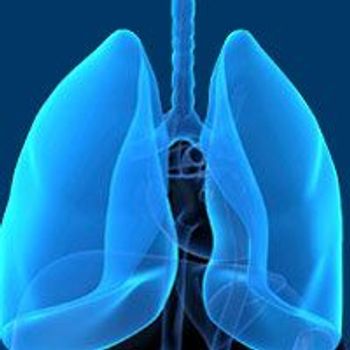
Although anti-PD-1/PD-L1 immunotherapy has greatly improved the treatment of patients with non–small cell lung cancer and is generally well-tolerated, the therapy backfires in a newly defined subset of patients who experience accelerated tumor growth indicative of hyperprogressive disease.

After CMS and Novartis devised an outcomes-based payment approach for the new chimeric antigen receptor (CAR)-T treatment tisagenlecleucel (Kymriah), a group of representatives are requesting more information on the specifics of the agreement.

Pembrolizumab (Keytruda) reduced the risk of death compared with standard of care therapy in patients with relapsed/metastatic head and neck squamous cell carcinoma, but the difference fell just shy of statistical significance.

High-intensity local radiation combined with systemic therapy improved overall survival compared with systemic therapy alone in patients with head and neck squamous cell carcinoma.

Treating primary tumors by administering targeted therapy with sunitinib (Sutent) prior to cytoreductive nephrectomy did not improve the progression-free rate at 28 weeks over a sequence of immediate CN followed by sunitinib in patients with synchronous metastatic renal cell carcinoma.
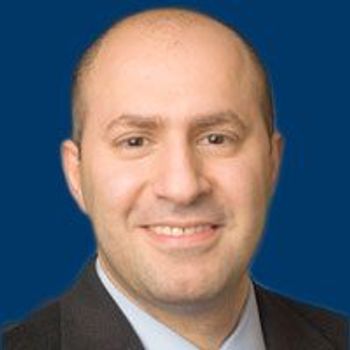
Patients with untreated advanced renal cell carcinoma lived significantly longer without disease progression when they received the multikinase inhibitor cabozantinib (Cabometyx) as initial therapy versus sunitinib (Sutent).

Frontline osimertinib improved median progression-free survival by 18.9 months, representing a 54% reduction in the risk of progression or death compared with standard therapy for patients with EGFR-mutant non–small cell lung caner.

Anti-CD19 chimeric antigen receptor (CAR)-modified T-cell therapy was highly effective in patients with high-risk chronic lymphocytic leukemia who had previously failed treatment with ibrutinib.
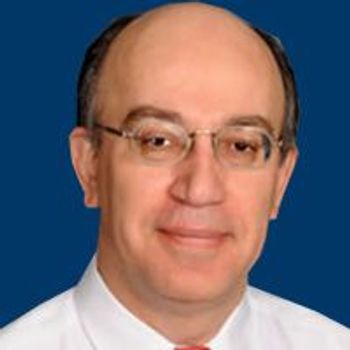
The FDA has granted a breakthrough therapy designation to cemiplimab (REGN2810) for the treatment of adults with metastatic cutaneous squamous cell carcinoma (CSCC) and adults with locally advanced and unresectable CSCC.
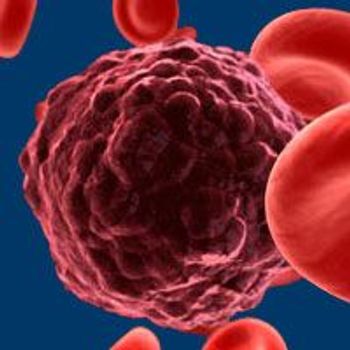
The FDA placed clinical holds on 2 phase I trials investigating a gene-edited allogeneic CAR T-cell (UCART) therapy known as UCART123.

Cellectis, a clinical-stage biotechnology company, was asked by the FDA to place a clinical hold on 2 phase 1 trials evaluating its allogeneic chimeric antigen receptor-T (CAR-T) cell treatments following the report of a fatality in the first patient treated in one of the studies.

The FDA has granted LN-144, an adoptive cell therapy that uses tumor-infiltrating lymphocyte technology developed by Iovance Biotherapeutics, a fast track designation for the treatment of patients with advanced melanoma.

A look at some of the major developments in the chimeric antigen receptor T (CAR-T) cell space.

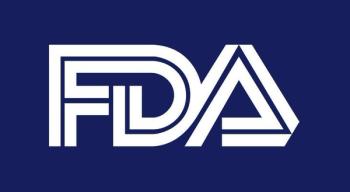
The FDA has approved the first gene therapy available in the United States, tisagenlecleucel (Kymriah), for the treatment of pediatric and young adult patients with relapsed or refractory B-cell precursor acute lymphoblastic leukemia.

A gene therapy for patients with recessive dystrophic epidermolysis bullosa (RDEB), a rare skin disease that causes the skin to be very fragile and blister easily, has been granted Breakthrough Therapy designation status by the FDA.

Novartis’ just-approved chimeric antigen receptor (CAR) T-cell therapy tisagenlecleucel is going to be introduced on the market at a price of $475,000 for a single infusion, an amount that is within the range anticipated by oncologists.

The FDA issued a historic approval of the first chimeric antigen receptor (CAR) T-cell therapy, authorizing the use of tisagenlecleucel (Kymriah) for the treatment of patients up to 25 years of age with B-cell precursor acute lymphoblastic leukemia that is refractory or in second or later relapse.

The FDA has approved the first chimeric antigen receptor-T (CAR-T) treatment, tisagenlecleucel (Kymriah), for the treatment of B-cell precursor acute lymphoblastic leukemia in certain pediatric and young adult patients. The therapy represents a new frontier in cancer care.

Gilead Sciences will acquire Kite Pharma by the end of 2017 in an $11.9 billion transaction that will place Gilead at the forefront of chimeric antigen receptor-T (CAR-T) cell therapy development.